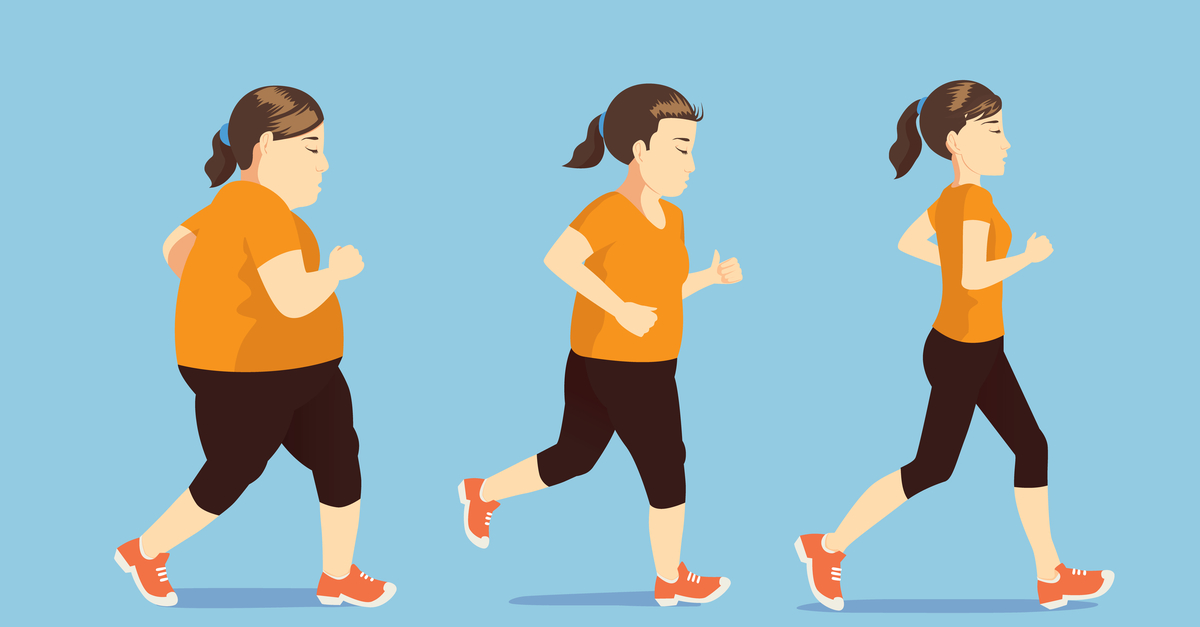Metabolism FAQ: Weight loss, How to get better results


Metabolism is best known for its role in the chemical reactions of our body’s cells that change food into energy. Our bodies need this energy to do everything from moving to thinking to growing and healing. (1)
Pronounced: meh-TAB-uh-liz-um, here is your Metabolism101.
We’ll start with helping you learn that metabolism wears two functional hats in our bodies.
1. What Is Metabolism?
Metabolism is a balancing act involving two activities that happen at the same time:
- Building up body tissues and energy stores (called anabolism)
- Breaking down body tissues and energy stores to get more fuel for body functions (called catabolism) (1)
When energy is required, the body can use amino acids, sugar, and fatty acids. These compounds are absorbed into the bloodstream, where they are carried to the cells. (1)
Other enzymes act to speed up or regulate the chemical reactions involved in “metabolizing” these compounds once they enter the cells. The energy from these compounds can be released for use by the body – or stored in body tissues. (1)
Metabolism is a complex chemical process. As a result, it’s not surprising that people think of it in a basic form: as something that influences how easily our bodies gain or lose weight. This is where calories come into play. (1)
Because a cake contains more calories than an apple, it provides the body with more energy — which can be too much of a good thing.
The body stores calories, in the same way that a car stores gas in the gas tank until it is needed to fuel the engine. When you overfill a car’s gas tank, it spills onto the road. Similarly, if a person consumes too many calories, they “spillover” as excess body fat. (2)
The amount of calories burned in a day is determined by how much a person exercises. Take that, fat! (1,2)
But is there more to it? Read on, for more metabolism 101.
2. How Are Calories Involved?
If you have a “high” (or fast) metabolism, you will burn more calories both at rest and during activity. You need to consume more calories to maintain your weight if you have a fast metabolism!
A person with a “low” metabolism will burn fewer calories at rest and during activity, requiring them to eat less to avoid becoming overweight. (2)
3. What Parts Of The Body Are Involved In Metabolism?
Major organs are involved:
- Your liver manufactures carnitine, which takes fat to the mitochondria (body’s fat furnaces in your cells) —- which influences 90% of your metabolism. The faster you produce carnitine in your liver, the faster your metabolism.
- From your adrenals the secretion of stress hormones regulates the release of glucose from the muscle and liver cells, to stimulate or slow down your body’s metabolic rate.
- Your thyroid extracts iodine from food to produce hormones T3 and T4. These hormones travel through the bloodstream and influence metabolism.
- Your pituitary gland stimulates the thyroid to secrete its thyroid-stimulating hormone TSH. If your TSH hormone level is high, that means the thyroid is requiring a lot of motivation.
- Your body stores your reserve fuel in either muscle or fat. Because muscle is constantly contracting, relaxing, pushing, and pulling, it takes a lot of fuel to maintain it.
4. How Is Our Metabolic Rate Affected?
Poor dietary habits, insufficient exercise, and hormones are the most likely culprits if you’re thinking you may have a slow metabolism. (1)
Yet there is a list of other proven factors:
- Family genes
- Lack of sleep
- Strict, or drastic diets
- Dehydration
- Not enough calcium
- Living in a cold climate
- Certain medications
- Poor sleep/ wake cycle
- Stress (1,3,6)
5. How Do I Boost My Metabolism To Lose Weight?
Most importantly, boosting your metabolism means watching what you eat. Fats are concentrated sources of energy. They produce twice as much energy as either carbohydrates or protein on a weight basis. Protein is ideal as it has been shown to help feeling more full, preventing overeating. (4,5)
There are lots of other tips like drinking water 30 minutes before eating, drinking green or Oolong tea, eating spicy foods, drinking coffee, even cooking with coconut oil. (3, 5)
Aerobic exercise is excellent. High-intensity cardio workouts, involving quick bursts of activity, or any mode of exercise that gets your heart rate up will increase your metabolic rate, burning fat. (5)
If you would like to kickstart your metabolism naturally you can speak with an online expert such as this.
To be able to make informed decisions about food, nutrition, exercise, hormones, and general well-being, can be a saving grace for many. The more you know about metabolism, the more you can leverage this too, to support your good health.
Sources:
- https://kidshealth.org/en/teens/metabolism.html#
- https://www.health.harvard.edu/diet-and-weight-loss/does-metabolism-matter-in-weight-loss#
- https://www.webmd.com/diet/obesity/ss/slideshow-slow-metabolism
- https://www.news-medical.net/life-sciences/What-is-Metabolism.aspx
- https://www.healthline.com/nutrition/10-ways-to-boost-metabolism#TOC_TITLE_HDR_2
- https://livehealthy.chron.com/can-warm-weather-slow-persons-metabolism-down-3077.html









